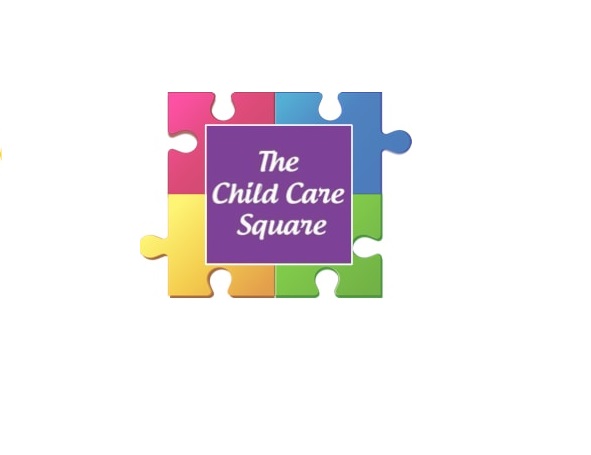One of the first things to check for is the safety procedures they have in place to handle the pandemic. The state has issued SOPs for all educational institutions. Make sure the child care provider you chose is following them. Then check on their schedule, their curriculum, the teachers, aides, etc. You should also ensure that your child is comfortable in the environment. Find a child care provider near you from the database available at the Child Care Square Portal at https://www.thechildcaresquare.com/
The Childcare Square has made searching for a sitter so much easier! The childcare providers sent by the company have been wonderful! This has definitely helped me manage my time better. So thankful to The Childcare Square!
James Wilson
12 April 2021
Thanks to The Childcare Square I can now have a more flexible lifestyle! Earlier I used to be so anxious if anything unplanned came up as I was very dependent on whether or not the babysitter was available. The Childcare Square is a boon to parents!
Jacob Charlotte
12 April 2021
I highly recommend The Child Care Square! I have been using them for the past two years and can vouch for the quality of their care providers. Now I don’t have to think twice before I can agree to an important business meeting or a lunch with visiting friends.
Liam Olivia
07 February 2019
Ever since I discovered The Child Care Square my life has become so much easier! The care providers registered with the company are reliable and most often in my neighborhood! This has definitely eased a lot of the frustrations that come with being a working parent of small children.
Emily Emma
07 February 2019
I would recommend The Childcare Square to anyone as the services offered are a 100% reliable! They have helped make my life so much easier! It’s an added advantage that the childcare providers are often people I know personally.
Gary Church
07 February 2019

